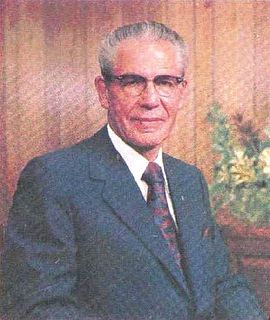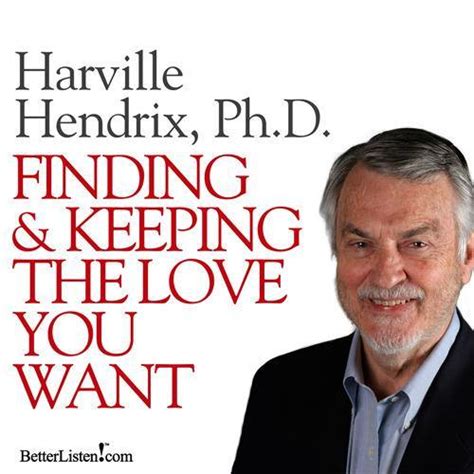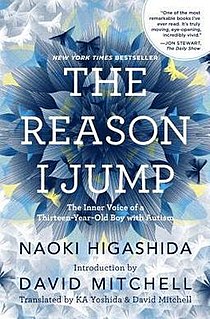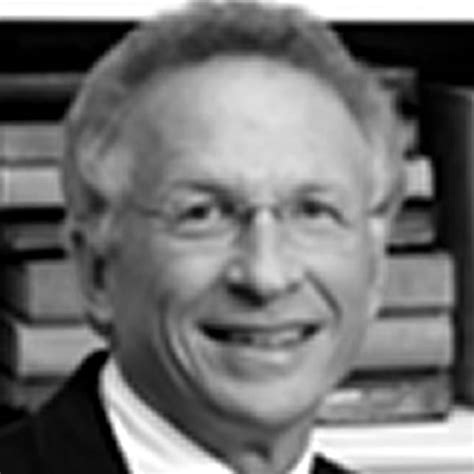A Quote by Jonathan Haidt
Love and work are crucial for human happiness because, when done well, they draw us out of ourselves and into connection with people and projects beyond ourselves. Happiness comes from getting these connections right.
Related Quotes
In our concern for others, we worry less about ourselves. When we worry less about ourselves an experience of our own suffering is less intense. What does this tell us? Firstly, because our every action has a universal dimension, a potential impact on others' happiness, ethics are necessary as a means to ensure that we do not harm others. Secondly, it tells us that genuine happiness consists in those spiritual qualities of love, compassion, patience, tolerance and forgiveness and so on. For it is these which provide both for our happiness and others' happiness.
Who are the happiest people on earth? A craftsman or artist whistling over a job well done. A little child building sand castles. A mother, after a busy day, bathing her baby. A doctor who has finished a difficult and dangerous operation, and saved a human life. Happiness lies in a constructive job well done. Get your happiness out of your work or you will never know what happiness is.
The most difficult thing for us seems to be to give of ourselves, to do away with selfishness. If we really love someone, nothing is too difficult for us to do for that individual. There is no real happiness in having or getting unless we are doing it for the purpose of giving it to others. Half the world seems to be following the wrong scent in the pursuit of happiness-many think it consists of having and getting and being served, when really happiness is found in serving others.
Happiness is a social creature. If you try to pursue it in a vacuum, it's very difficult to sustain it. But as soon as you get people focused on creating meaningful connections in the midst of their work, or increasing the meaning and depth of their relationships outside of work, we find happiness rising in step with that social connection.
After all, what is happiness? Love, they tell me. But love doesn't bring and never has brought happiness. On the contrary, it's a constant state of anxiety, a battlefield; it's sleepless nights, asking ourselves all the time if we're doing the right thing. Real love is composed of ecstasy and agony.
I think for me, happiness is crucial, but I think we think that happiness comes from amassing goods and getting things and being loved and being successful, when in fact my experience of happiness comes when you give everything away, when you serve people, when you're watching something you do make somebody happy, that's when happiness happens.
Joy, happiness ... we do not question. They are beyond question, maybe. A matter of being. But pain forces us to think, and to make connections ... to discover what has been happening to cause it. And, curiously enough, pain draws us to other human beings in a significant way, whereas joy or happiness to some extent, isolates.
Above all else, we seek connection - with parts of ourselves that we have repressed, with other people, and with the larger universe. We cannot experience life in its fullness unless we have an intimate relationship with another human being and, beyond that, a feeling of connection with the world around us.
If religion commands universal charity, to love our neighbors as ourselves, to forgive and pray for all our enemies without any reserve; it is because all degrees of love are degrees of happiness, that strengthen and support the Divine life of the soul, and are as necessary to its health and happiness, as proper food is necessary to the health and happiness of the body.
[The church] is in its major part an opponent still of progress and improvement in all the ways that diminish suffering in the world, because it has chosen to label as morality a certain narrow set of rules of conduct which have nothing to do with human happiness; and when you say that this or that ought to be done because it would make for human happiness, they think that has nothing to do with the matter at all. "What has human happiness to do with morals? The object of morals is not to make people happy.
I've learned that every human being, with or without disabilities, needs to strive to do their best, and by striving for happiness you will arrive at happiness. For us, you see, having autism is normal-so we can't know for sure what your 'normal' is even like. But so long as we can learn to love ourselves, I'm not sure how much it matters whether we're normal or autistic.






































